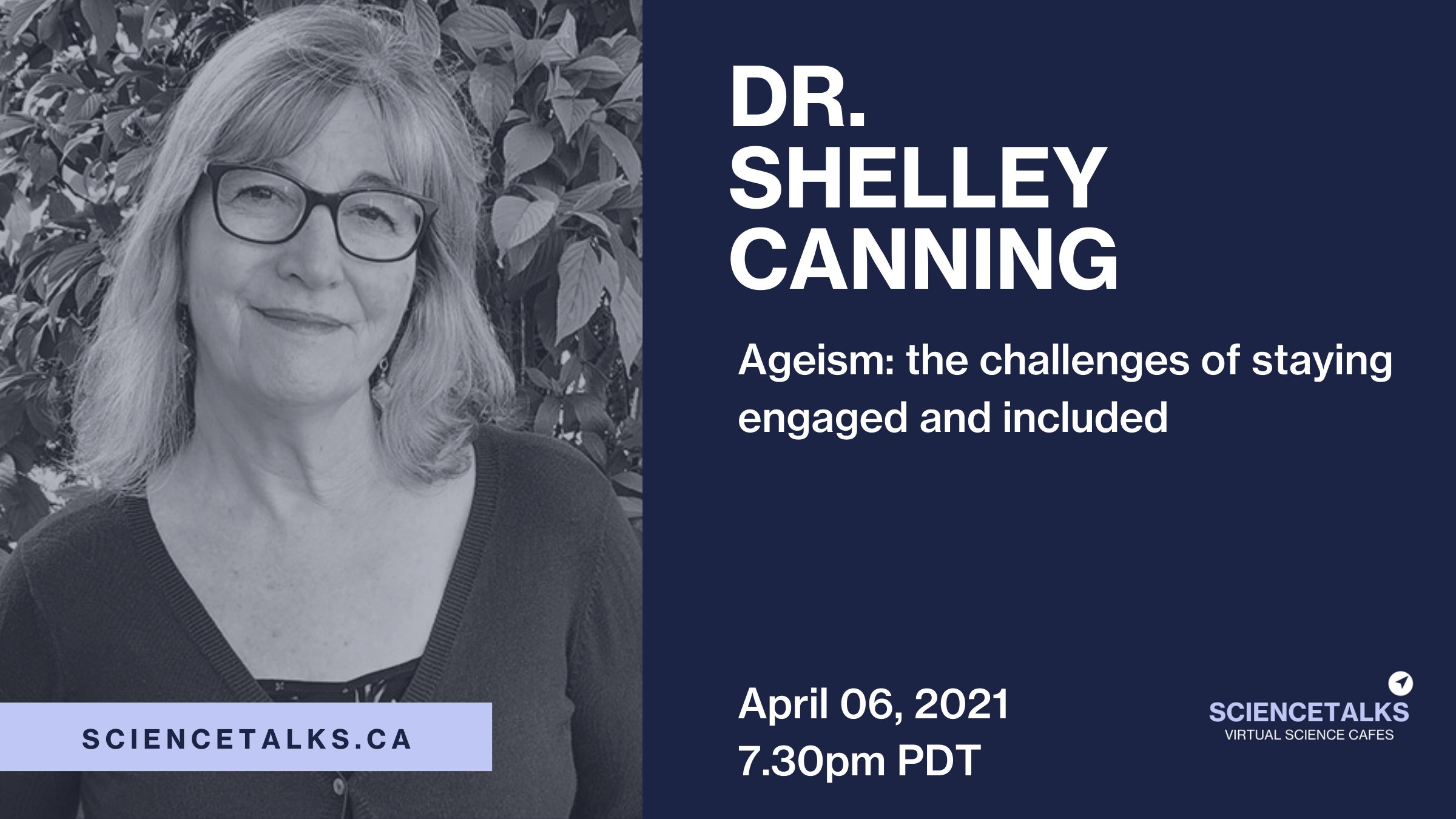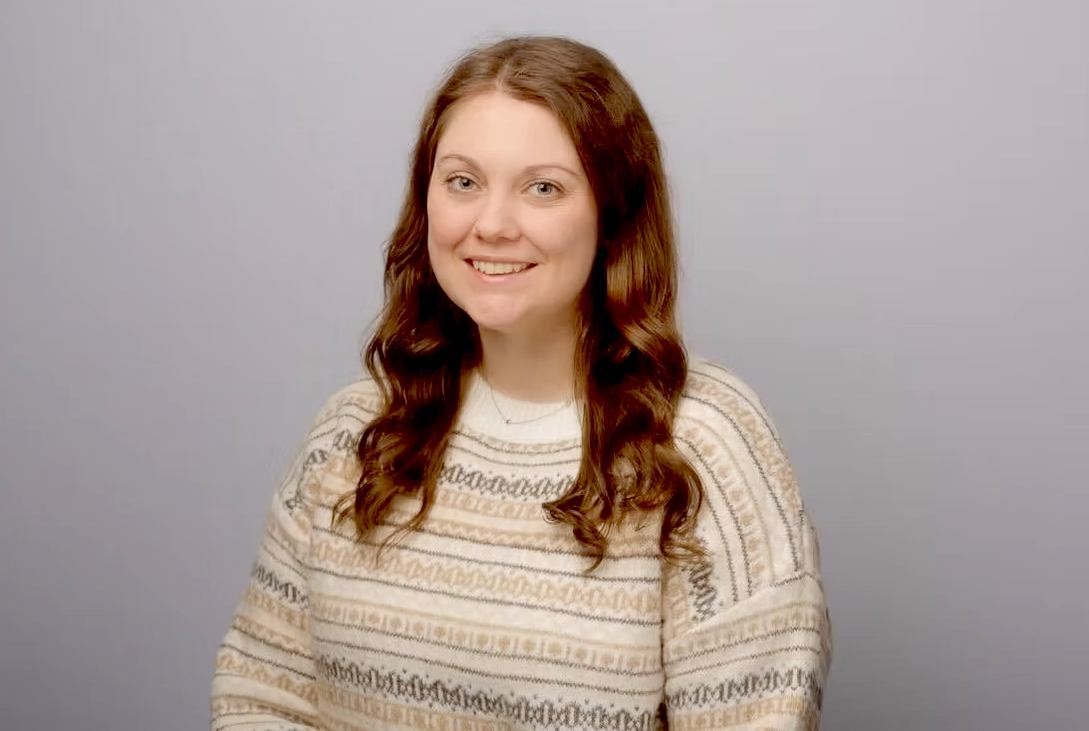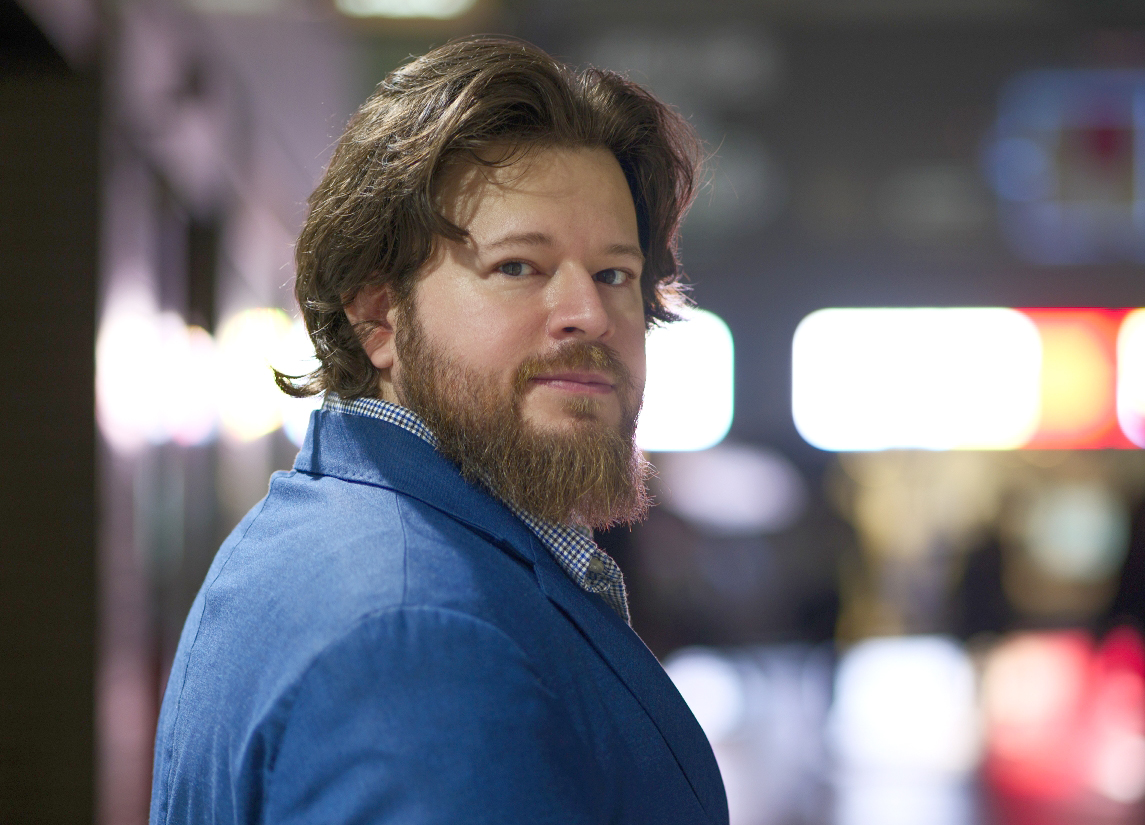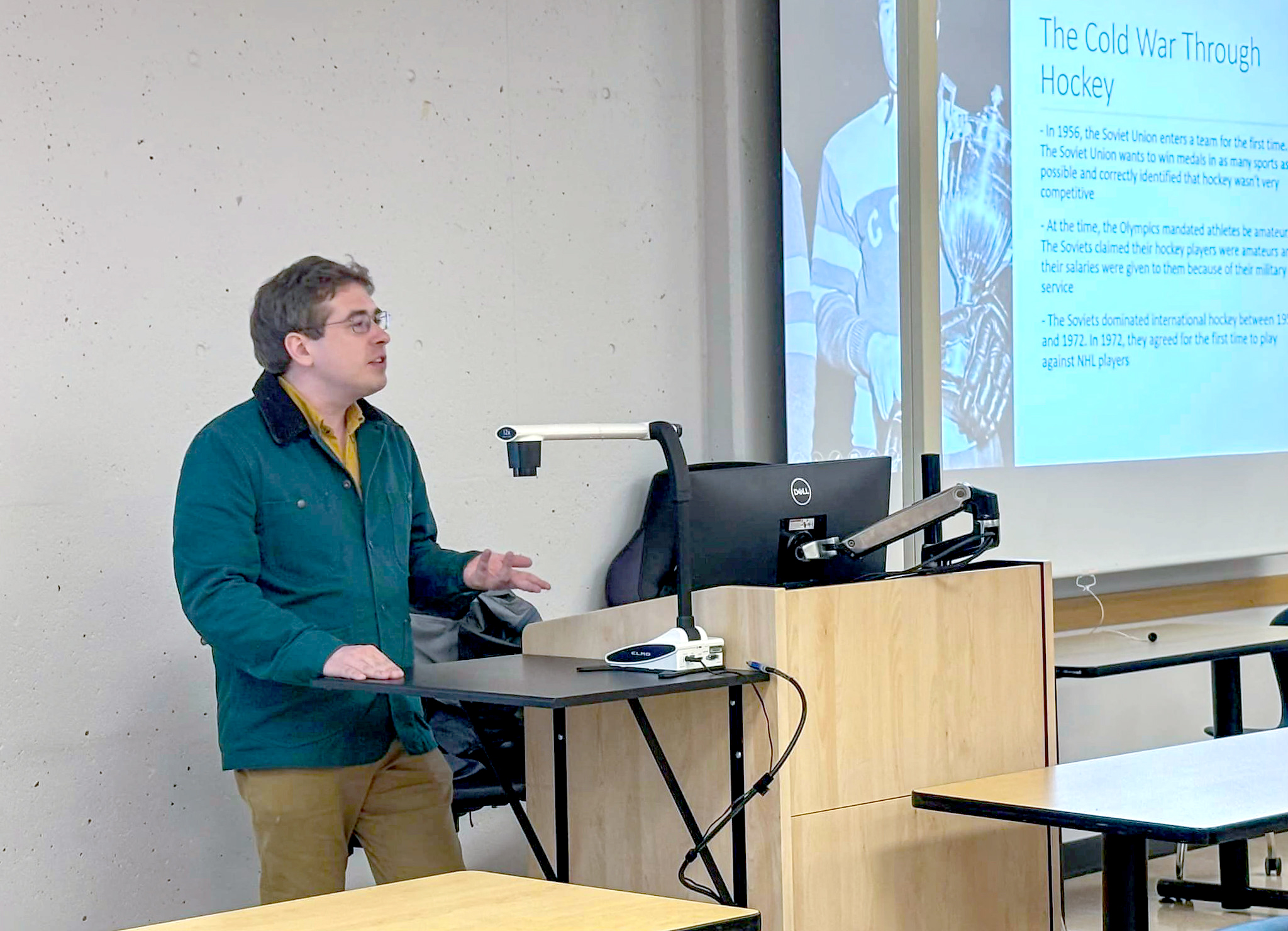Canning aims to enhance engagement with the elderly — Science Talks lecture April 6
 No one seeks to be old and have less independence and functional ability.
No one seeks to be old and have less independence and functional ability.
So says Dr. Shelley Canning, an associate professor in nursing at UFV and the coordinator of UFV’s Centre for Education and Research on Aging (CERA). For over a decade, she has been engaged in research exploring the experiences of older adults — both those living in the community and those living in long-term care.
In a pandemic year in which many people across the globe have experienced social isolation and uncertainty, the emotional toll has been especially difficult for older adults, as Canning wrote in a recent post for the UFV President’s blog.
“As folks age, there is this expectation that they are just simply less useful, less interesting, less able,” said Canning, “and all of those things just kind of have removed them from the rest of society.”
Canning, whose research also explores the quality of life for older adults with advanced dementia, has seen how even our most frail individuals living in LTC remain able to engage in meaningful activities and social connections. Through her research she aims to encourage understandings of older adults that recognize their enduring abilities despite the challenges of aging.
As part of the Science Talks virtual series on Tuesday, April 6 at 7:30 pm, Canning will present Ageism: the challenges of staying engaged and included. Register for the talk here.
She sees Science Talks as an opportunity to reach a broad audience — from members of the local community to UFV students — to learn about the research conducted at CERA and consider more positive and inclusive ways of understanding aging and the experiences of older adults.
“We have to really look at how we are meeting their social needs and how we can build routines around their physical and mental care,” said Canning, who has more than 20 years of experience as a nurse focused on gerontology. “We have a wonderful opportunity to make changes in our interactions with the elderly that are meaningful and have an impact.”
The researchers at CERA are acutely aware of the negative effects social isolation can have on a senior’s mental health:, how identity can be lost, and how ageist assumptions can limit opportunities for inclusion of older adults.
A research project Dr. Shelley Canning was involved with in 2012, which saw kinesiology and nursing students leading fitness activities for long-term care residents.
 In the past, Canning and her CERA colleagues have conducted intergenerational research bringing UFV students and long-term care residents together in weekly exercise classes, as well as pairing elementary school with residents in long-term care in weekly ballet classes.
In the past, Canning and her CERA colleagues have conducted intergenerational research bringing UFV students and long-term care residents together in weekly exercise classes, as well as pairing elementary school with residents in long-term care in weekly ballet classes.
The key, Canning stresses, is often simple, ensuring older adults have access to the things that we all collectively enjoy.
“Just simply taking some of these residents living in long-term care and having them spend time outside in a natural environment where there are trees and birds and gardens and fresh air is beneficial,” she said. “They may become calmer, better settled, sleep better, eat better, and most importantly, are happier.”
Intergenerational research is a reciprocal relationship according to Dr. Canning. Her UFV nursing students and student research assistants gain important understandings through these relationships. Canning hopes through her aging research and her upcoming Science Talks event that people of all ages will better understand the experiences of older adults and explore ways that we can support their meaningful engagement in activities and social connections.
“As a society, we have to continue to find ways that we can bring those generations together,” she said. “I think that will bring people a lasting perspective as folks understand aging going forward.”
To find out more about Dr. Shelley Canning and CERA’s work on ageism, check out the Science Talks presentation on April 6 via Zoom. Register at https://www.sciencetalks.ca/.




